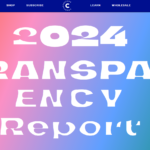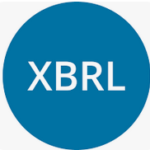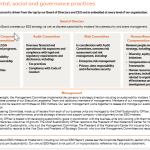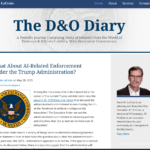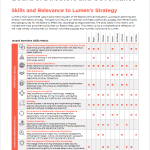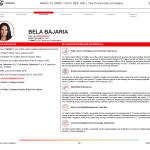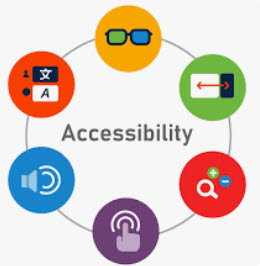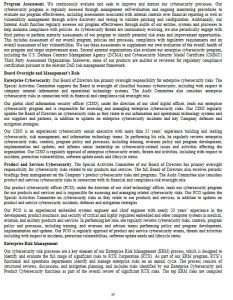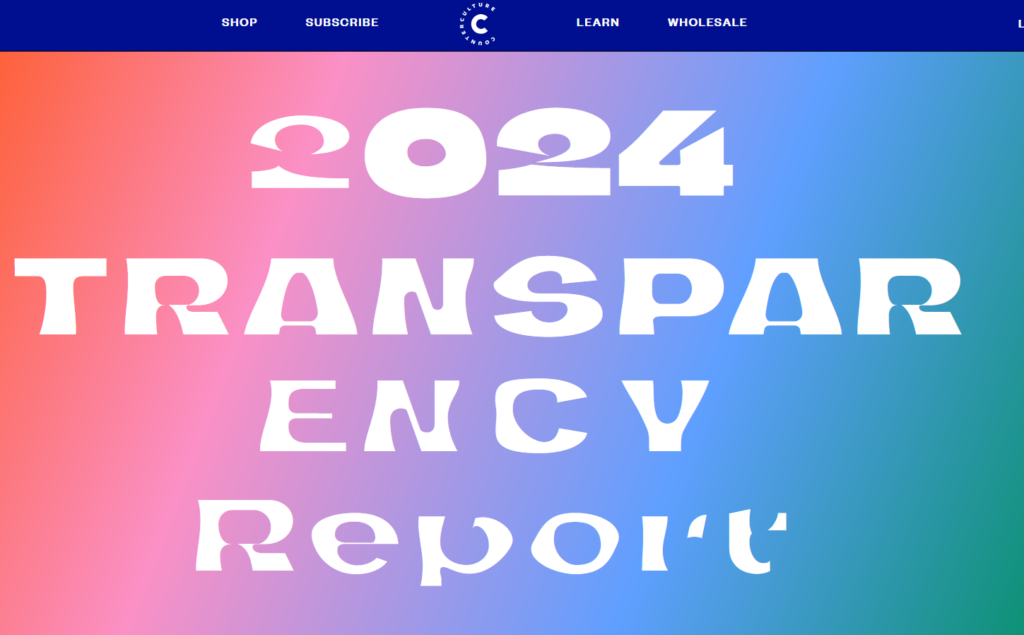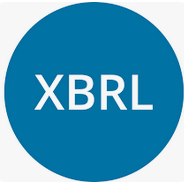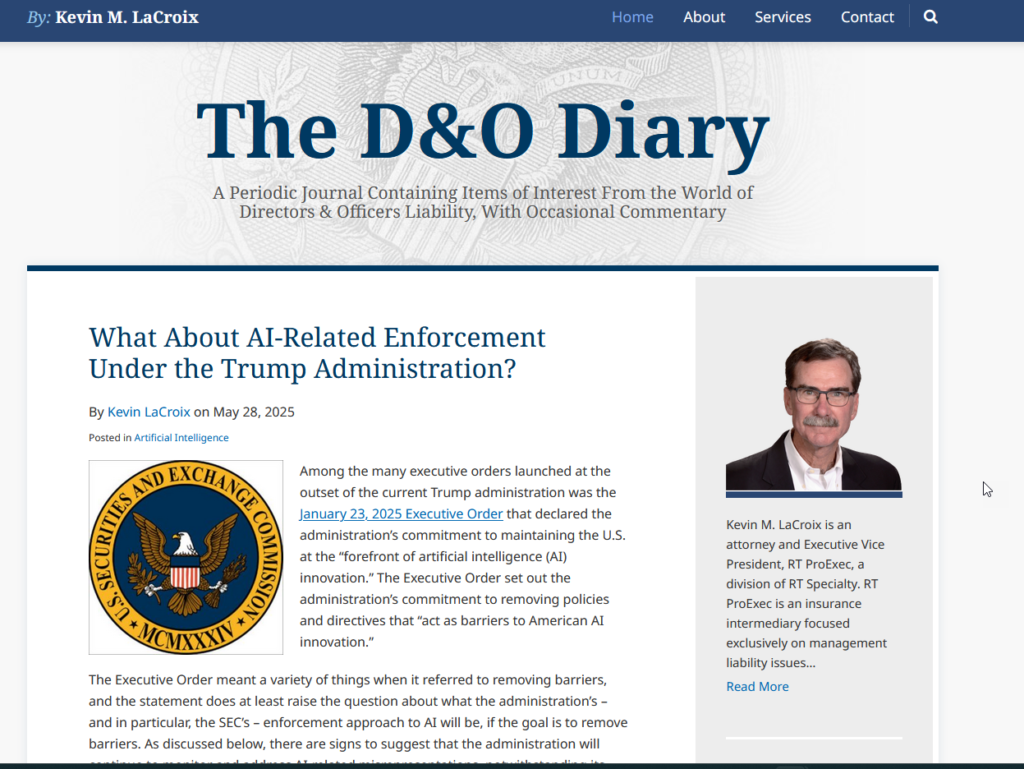JUST Capital is an independent nonprofit dedicated to building an economy that works for all Americans by measuring and improving corporate stakeholder performance at the largest public companies – and they have long been focused on corporate transparency. One thing they do is conduct annual surveys to evaluate how the general public feels.
As noted in this article, last year, JUST Capital conducted six focus groups, each containing seven participants and a moderator, to discuss topics related to just business behavior by the largest public companies. Inductive thematic analysis revealed four main themes around transparent disclosure: (1) accessibility of information, (2) disclosure of missteps, (3) trust and follow-through, and (4) responsibility to society.
Here’s an excerpt from the article about “Transparency Equals Trust”:
“Five out of six focus groups connected transparency to trust and confidence in a business. Participants made it clear that if a company was not transparent, the public trusted the company less. Participants also said if they had a choice between a more transparent and a less transparent company, they would do business with the more transparent company. As one person put it, “If I can’t trust you, I’m not dealing with you.”
Absent or bare-minimum corporate disclosure was perceived as “likely hiding something.” The risks of disclosing only the bare minimum required is considered reputational, but participants said it could also negatively affect company value. Some noted that companies that only disclose the bare minimum risk being “left behind” by peer companies that disclose more information.
One participant said: “When I think about the companies that have said something versus the ones that haven’t, it’s not a good look for the ones that haven’t. The fact that they haven’t said anything, or when they do it’s just like bare minimum, has definitely given them a negative reputation versus the other companies that have said something.”
Being proactive (rather than reacting to public pressure) and following through on commitments enhance trust in corporate statements. Participants said they want disclosures that allow them to “see [a company’s] vision for society and their communities,” so they can “maybe not necessarily hold them accountable but understand that they have a vision to begin with and then see how they progress with that vision year after year.”
Participants struggled to trust statements made by large companies if they did not follow through on commitments. Many viewed statements without clear actions and goals as performative. Although this theme emerged in many discussions, it was consistently reiterated when participants were asked if companies had followed through on recent diversity commitments. Many said that inclusion efforts were either not well publicized by companies or not clearly disclosed, and most did not believe that companies were making progress, dismissing the possibility with ‘not that I’ve really seen.'”


